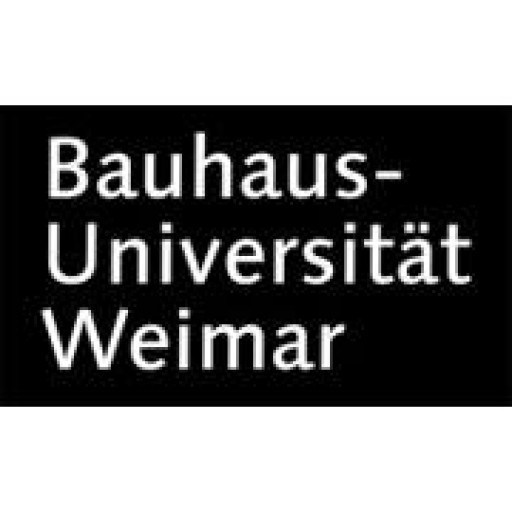Photos of university / #unifreiburg
The M.Sc. -programme "Environmental Governance (MEG) was established in 2005 to train leaders to be able to reconcile different social perspectives with regard to the sustainable use of environmental resources as a basis for sustainable development - for any development, at any scale from local to global, and in any context worldwide. Every year, around 35 outstanding students are selected based on criteria of excellence and geographical representation. Click on the sections below to find out more about the programme!
The MEG programme is designed as a two-year (4 semesters), full-time programme (120 ECTS). It aims at:
Realizing - The development of a sound knowledge base of the most pressing environmental issues facing the planet and their underlying societal causes;
Understanding - The reflection on human-environment interactions from a wide spectrum of disciplines, approaches and world-views;
Managing - The provision of methodological knowledge and skills for the context-sensitive design and management of environmental governance processes.
Teaching is organised in three-week block modules. All teaching modules conclude with a graded exam or project. Students earn 5 ECTS (European Credit Transfer System) credits upon successful completion of each module. The modules are classified as either core or elective. In total, 120 credits are required for the successful completion of the programme. An internship of seven weeks and a master thesis are also incorporated into the curriculum.
General application requirements
|
As the Faculty of Environment and Natural Resources does not give away scholarships, candidates should apply for funding from other institutions
Please note: Finding a scholarship is a time-consuming business. Requirements and application dates vary, but often an extensive application package is required and deadlines may be up to one year before you start your course. Please consider this when applying! The links below provide you an overview of the different types of scholarships you may consider applying for:
- DAAD- scholarships for young professionals from developing countries
- Other DAAD scholarships
- Organisations for Promoting Young Talent
- Other scholarship opportunities
- Support offered by the International Office of Freiburg University
- Scholarship databases
The Master’s programme in Environmental Governance at the University of Freiburg is designed to equip students with a comprehensive understanding of environmental issues from an interdisciplinary perspective. The programme focuses on the development and implementation of policies and strategies to address global environmental challenges, emphasizing the role of governance, law, economics, and social sciences. It prepares students to analyze complex environmental problems and develop sustainable solutions within various political and societal contexts. The curriculum Includes core courses in environmental law, policy analysis, and international environmental negotiations, complemented by elective modules allowing students to specialize in areas such as climate change, biodiversity conservation, or resource management. Students also undertake practical projects, internships, and a master’s thesis to apply theoretical knowledge to real-world situations. The programme emphasizes interdisciplinary approaches and fosters skills in critical thinking, negotiation, and project management. Graduates of the Master's in Environmental Governance are prepared for careers in governmental agencies, international organizations, NGOs, consulting firms, or further academic research. The programme is taught in English, attracting students from diverse international backgrounds, and offers a stimulating academic environment combined with Freiburg’s location, which provides numerous opportunities for field work and engagement with environmental initiatives. The University of Freiburg’s faculty members involved in this programme are leading researchers and practitioners in the fields of environmental law, policy, and sustainability science. Enrollment requirements typically include a relevant undergraduate degree, proficiency in English, and a demonstrated interest in environmental issues. Overall, this programme aims to create innovative leaders capable of promoting effective environmental governance and sustainable development worldwide.








